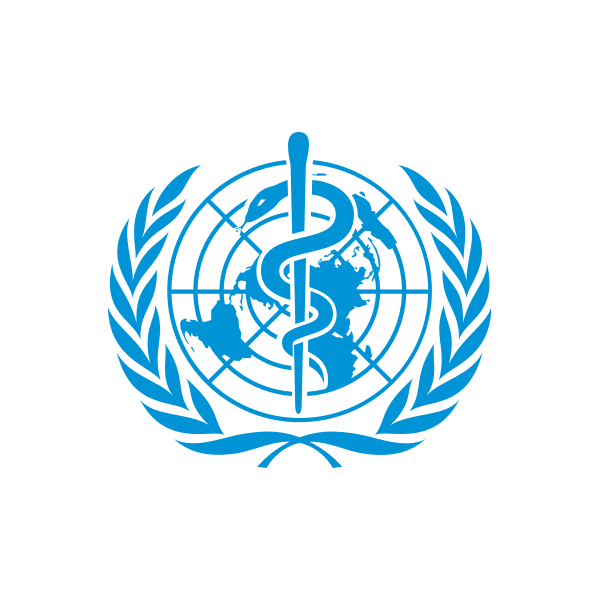The Heart & COVID-19
How does COVID-19 affect the heart? Montefiore’s Division of Cardiology Chief, Dr. Mario Garcia, discusses how COVID-19 affects the heart, what vascular conditions can be caused by COVID-19, who is most at risk, some forms of prevention and when it is important to seek medical care.

STAY STRONG
- How does COVID-19 affect the heart?
- COVID-19 is a disease that takes a lot from the heart. The heart requires oxygen to work and the heart delivers oxygen to the body. In COVID-19, there's a greater necessity to pump blood with oxygenation and at the same time, there is less amount of oxygen that is extracted from the lungs that are inflamed. Under such conditions, the heart sometimes have breathing disorders or sometimes develops a condition called heart failure.
-How can I care for my heart if I'm diagnosed with COVID-19?
- If you are in good health, you're likely not to have any consequences in your heart from contracting COVID-19. You should live a healthy lifestyle, exercise regularly and if you take medications for any heart condition or for high blood pressure or for diabetes, you should continue taking those medications as prescribed by your doctor.
- What other vascular conditions are people at risk for with COVID-19?
- All the vital organs have blood vessels. It has been proven that the coronavirus can enter through the lining of these vessels and cause injury that provoke blood clots to form. Blood clots that are large can actually go through the circulation and cause damage to the organs including a stroke, including liver failure, kidney failure and heart attacks. That is why one of the most important treatments in COVID-19 is the use of blood thinners. At Montefiore, we're doing research to try to determine what is the best dose of blood thinners to be used, what is the best class of blood thinners to be given and what is the appropriate duration of treatment once the patient is discharged from the hospital?
- Who is at risk for heart complications with COVID-19?
- If you already have a heart condition, poorly controlled high blood pressure or diabetes or if you smoke or are severely overweight, the chances of getting heart damage increases with COVID-19 as well as with any other severe illness. It is very important that you seek medical attention immediately if you have symptoms of heart disease such as chest pain, shortness of breath, palpitations. On June first, the New York Times published an article that showed that during the first two months of the pandemic, there were over 6,000 deaths above what was seen in 2019. More recently, another study that was approved by the Investigational Review Board of Montefiore demonstrated that in New York, there were three times the number of people who die suddenly at home that have a cardiac arrest during the first two months of the pandemic. We believe that that happens because patients are afraid to come to the hospital. If you have any symptoms of heart disease, don't be afraid of visiting the hospital or your doctor's office. At Montefiore, we follow very strict protocols to ensure your safety. You can find more information on our website.
- What can I do to prevent heart complications caused by COVID-19?
- You should remember that heart disease is the number one cause of death in the United States and many other countries in the world. Whether you have COVID-19 or not, you should pay attention to any symptoms of heart disease such as chest pain, shortness of breath or having fainting spells. If you have medical conditions such as high blood pressure or diabetes, you should take the medications that have been prescribed by your doctor. Be very careful not to take medications that are not prescribed by your doctor that are being published in social media or by any other outlet and have not been approved by the FDA. These medications can often cause serious harm to your heart and to other organs. If you have any doubt, please consult to your doctor or feel free to call one of our specialists at Montefiore.
<iframe allowfullscreen="1" allow="accelerometer; autoplay; clipboard-write; encrypted-media; gyroscope; picture-in-picture" title="YouTube video player"
src="https://www.youtube.com/embed/E6u7Jj9hLL0?autoplay=1&mute=0&controls=1&origin=https%3A%2F%2Fcovid19.montefiore.org&playsinline=1&showinfo=0&rel=0&iv_load_policy=3&modestbranding=1&cc_load_policy=1&fs=0&autohide=1&enablejsapi=1&widgetid=1" style="position: absolute; width: 100%; height: 100%;" width="100%" height="100%" frameborder="0">
</iframe>



